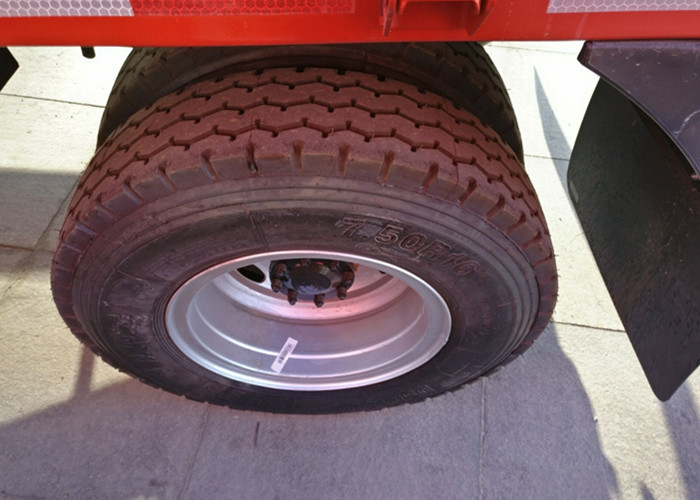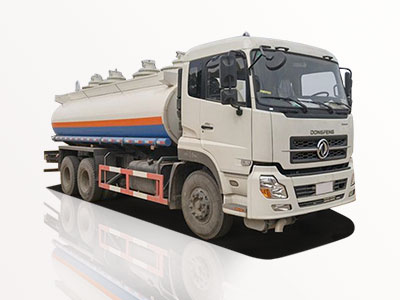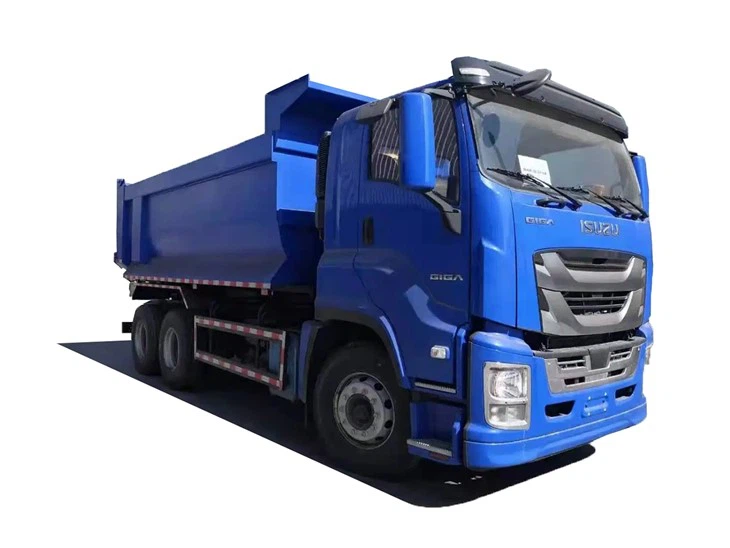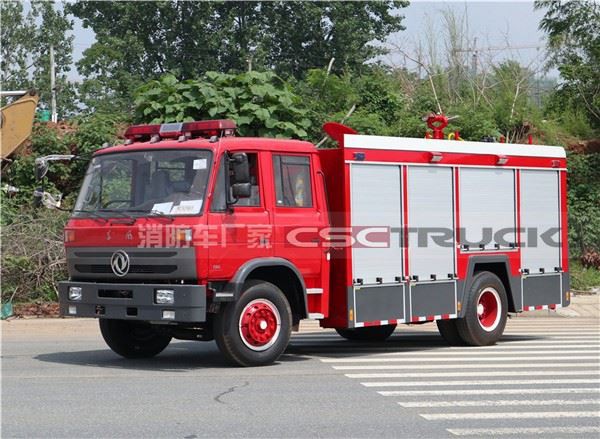Introduction
Gas tank trucks are specialized vehicles designed to transport fuel and other liquids safely and efficiently. These trucks are essential in various industries, from construction and agriculture to transportation and emergency services. In this article, we will explore the specifications, operations, maintenance, regulations, and safety concerns associated with gas tank trucks. By the end, you’ll have a thorough understanding of these vital vehicles and their impact on our daily lives.
What is a Gas Tank Truck?
Definition and Purpose
A gas tank truck, often referred to as a fuel truck, is a large vehicle designed to carry fuel, including gasoline, diesel, and propane. They are used by oil companies, gas stations, and businesses that require fuel for machinery and equipment.
Types of Gas Tank Trucks
Gas tank trucks come in several configurations:
– **Cistern Tank Trucks:** Used for carrying water and non-flammable liquids.
– **Non-pressurized Tank Trucks:** Used for transporting gasoline, diesel, and other fuels.
– **Pressurized Tank Trucks:** Designed for transporting liquefied gases such as propane.
How Gas Tank Trucks Work
Components of a Gas Tank Truck
The main parts of a gas tank truck include:
– **Tank:** Made from corrosion-resistant materials, it holds the fuel.
– **Pumping System:** Transfers fuel from the tank to the desired location.
– **Safety Features:** Includes valves, gauges, and emergency shut-offs.
Operating Mechanism
Gas tank trucks operate using a pumping mechanism that transfers fuel. When the driver arrives at a destination, a hose connects to the truck’s output, allowing for a controlled transfer of liquid.
Specifications of a Gas Tank Truck
Size and Capacity
Most gas tank trucks can carry between 3,000 to 11,600 gallons of fuel. The size may vary based on the intended use and regional regulations.
Weight Considerations
The weight of a fully loaded gas tank truck can range from 26,000 to 80,000 pounds, depending on its size and configuration.
Material Composition
The tanks are typically made from:
| Material | Description |
|——————-|————————————-|
| Steel | Durable and strong |
| Aluminum | Lightweight and resistant to corrosion|
| Composites | Often used for specialized applications |
Regulations Governing Gas Tank Trucks
Transportation Regulations
Gas tank trucks are subject to strict regulations to ensure safe transportation. In the United States, the Department of Transportation (DOT) sets specific guidelines for operators and vehicles.
Licensing Requirements
Drivers of gas tank trucks typically need a Commercial Driver License (CDL) with a hazardous materials endorsement. They must undergo proper training regarding the handling of flammable liquids.
Safety Procedures for Operating Gas Tank Trucks
Pre-Trip Inspections
Before operating a gas tank truck, drivers must perform a checklist of inspections, including:
– Checking fuel levels.
– Inspecting hoses and connections for leaks.
– Ensuring safety equipment, such as fire extinguishers, are in working order.
Emergency Protocols
In case of a fuel leak or accident, drivers must follow emergency protocols including:
– Evacuating the area.
– Notifying emergency services.
– Using proper containment measures.
Maintenance of Gas Tank Trucks
Regular Maintenance Checklist
To keep gas tank trucks in optimal condition, regular maintenance is necessary. Key maintenance tasks include:
– Checking the integrity of the tank.
– Inspecting pumps and hoses.
– Regularly changing filters and fluids.
Common Issues and Solutions
Drivers and operators should be aware of common issues such as:
– **Leaks:** Regular inspections can help identify and address weak spots.
– **Pump Failures:** Ensuring regular maintenance can prevent pump breakdowns.
The Role of Technology in Gas Tank Trucks
Advancements in Fuel Technology
Modern gas tank trucks are equipped with advanced technologies that enhance safety and efficiency. Some of these include:
– GPS tracking for route optimization.
– Automated fuel transfer systems.
– Safety alarms that trigger during leaks or spills.
Telematics Systems
Telematics systems allow fleet managers to monitor fuel usage, vehicle health, and driver behavior, increasing overall efficiency.
Common Applications of Gas Tank Trucks
Construction and Heavy Machinery Fueling
Gas tank trucks are frequently used on construction sites to fuel heavy machinery, ensuring minimal downtime.
Emergency Services
In emergency situations, gas tank trucks can deliver fuel to generators and emergency vehicles to maintain operations during outages.
Practical Tips for Effective Gas Tank Truck Operation
Fuel Management
Consider implementing a fuel management system to track fuel levels and usage effectively, which can help reduce costs.
Driver Training
Investing in comprehensive training programs for drivers ensures they understand the complexities and safety protocols associated with gas tank trucks.
Environmental Considerations
Operating gas tank trucks responsibly involves taking measures to minimize spills and environmental impact.
Frequently Asked Questions (FAQs)
1. What types of fuels can be transported by gas tank trucks?
Gas tank trucks can transport various fuels, including gasoline, diesel, propane, and more specialized liquids.
2. What safety features are included in a gas tank truck?
Common safety features include valves, fire extinguishers, emergency shut-off systems, and spill containment setups.
3. How is a gas tank truck different from other delivery vehicles?
Gas tank trucks are designed specifically for transporting liquids, coming with specialized tank designs and safety regulations that standard delivery vehicles do not have.
4. Are there specific regulations for gas tank truck emissions?
Yes, gas tank trucks must comply with environmental regulations regarding emissions set by local, state, and federal bodies.
5. What should I do if I suspect a leak in my gas tank truck?
Immediately stop the vehicle, evacuate the area, and notify emergency services, then follow the appropriate emergency protocol.
6. How often should gas tank trucks undergo maintenance?
Gas tank trucks should be inspected regularly, typically at least every 3 to 6 months, and more frequently if in heavy use.






